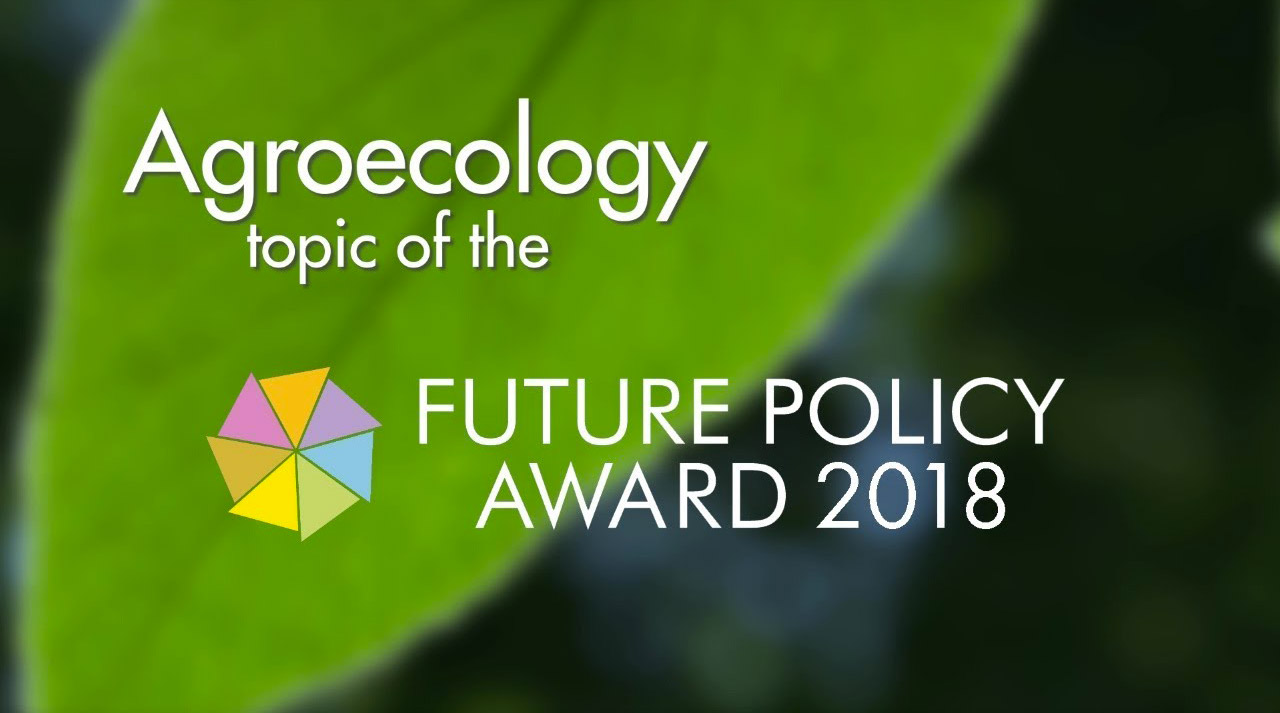QUITO (ECUADOR): This Friday, October 12, 2018, the names of the winning experiences of the Future Policy Award 2018 were announced.
The “100% organic state” Sikkim, in India, is this year’s winner of the “Oscar for best policies”, beating 51 nominated policies from 25 countries. Policies from Brazil, Denmark and Quito (Ecuador) take home Silver Awards. This year’s award is co-organised by the Food and Agriculture Organization of the United Nations (FAO), the World Future Council (WFC) and IFOAM – Organics International.
- Brazil’s National Policy for Agroecology and Organic Production (PNAPO, 2012): In its first cycle of activities PNAPO invested 364 million Euros. Amongst others, it helped 5,300 municipalities to invest 30% or more of their school feeding budgets in organic and agroecological products purchased from family farmers.
- Denmark’s Organic Action Plan (2011-2020, updated in 2015): As a result of the Action Plan, Denmark has the highest market share of organic products in the world, with almost 80 percent of Danes purchasing organic food.
- Quito’s Participatory Urban Agriculture Programme (AGRUPAR, 2002): With over 3 600 urban gardens growing on 32 hectares and more than 21 000 people trained, AGRUPAR fosters food security, increases incomes, and enhances ecosystem functions.

ABOUT THE FUTURE POLICY AWARD: The Future Policy Award is the only award which honours policies on an international level. Each year, the World Future Council chooses a topic for the Future Policy Award on which policy progress is particularly urgent. In partnership with FAO and IFOAM – Organics International, the 2018 Future Policy Award will highlight policies that scale up agroecology to contribute to the protection of life and livelihoods of small-scale food producers, ensure sustainable food production systems and implement climate resilient agricultural practices. More information about this year’s Future Policy Award is available at:https://www.worldfuturecouncil.org/2018-agroecology
by CONQUITO

